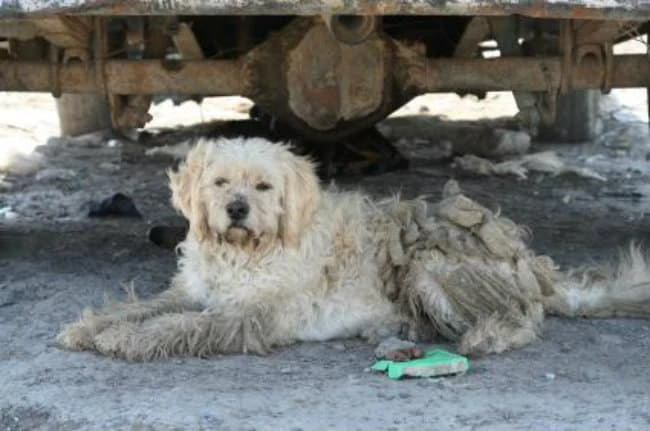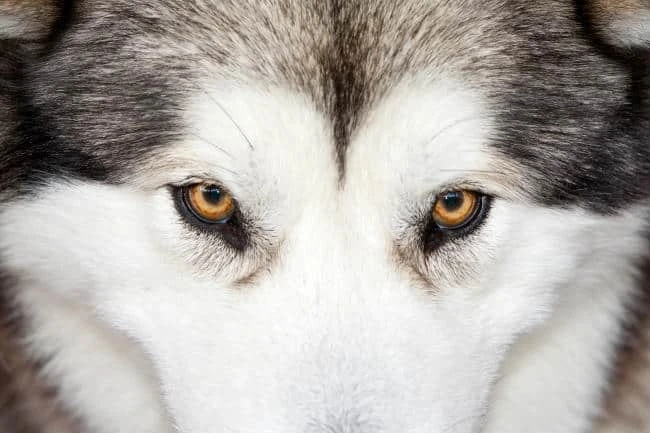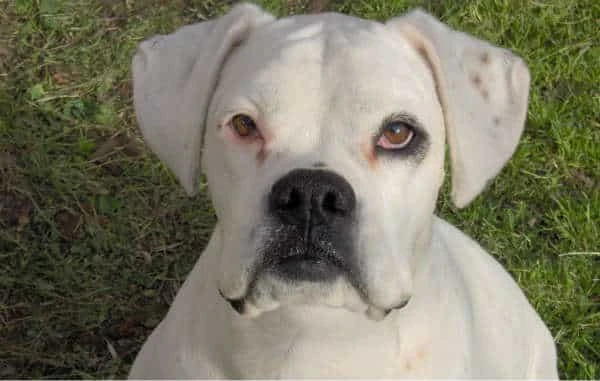Scabies in Dogs, Scabies Rash Picture, Pictures of Scabies

Scabies in dogs is a terrible condition for your beloved dog as you can see in the upsetting picture above.
This devastating skin infection can leave symptoms including horrific scabs and frantic itching…
Throughout this page are some quite upsetting pictures of scabies in a number of dogs from a charity that we support working in Curacao…
Symptoms of Scabies in Dogs
Your dog may show any of the following symptoms when suffering from this canine skin infection.
- Your dog may appear restless and listless.
- Your dog will itch frantically.
- During the first stage of the infection your dog may lose hair in patches around the elbows, ears, face and legs.
- During the later stages of the infection your dog will start to lose patches of hair all over his body.
- As you can see in the scabies pictures your dog will start to develop crusty skin with thick scabs forming in areas of the body.
- The hair loss normally comes off in patches of about 1 inch in diameter.
Diagnosis of Scabies in Dogs
Your vet will be able to tell quite easily whether your dog has the infection as the itching your dog will exhibit is quite ferocious. The vet will look at the overall symptoms and then may take a skin sample for diagnosis.
This will involve the vet scraping away a small area of the outer layer of skin and then by examining it under a microscope it will show the mite and the eggs.
Treating Scabies in Dogs
Your vet will normally prescribe some medicated shampoo and will also mention how important it is to keep your dog clean by removing any dirt or debris that maybe in your dog’s coat.
The vet may prescribe a topical antiseptic ointment that can be applied to the bums left by the mites or a lime sulfur dip may be used to kill any mites – this would be used once a week.
Another treatment that your vet may use is a medication called amitraz that is applied once a month. However, the most common treatment for this condition is Ivermectin which can be taken orally by your dog or given via injections.
If a secondary skin infection has been caused by the continuous itching and scratching your dog’s vet may prescribe some steroids to help limit the itching.





